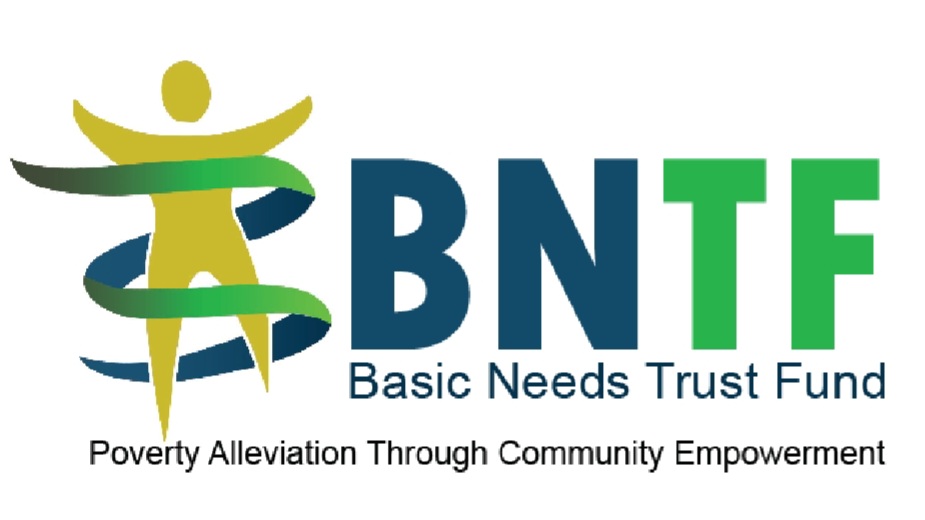Conditions prior to the Sub-project implementation



The WARD greenhouse had fallen into disrepair and needed to be upgraded. The tables on site
were inadequate for the seedling production and limited the quantity of seedlings that could be
set at one time. There was no place to sit, therefore, all tasks had to be done while standing up.
Access to water at the greenhouse was also an issue and group members had to carry the water
buckets down a treacherous slope.
This project will contribute to food security and increased economic self- sufficiency of the
members of WARD through their nurture and eventual sale of seedlings. It will also reduce the
dependence of members on purchase of imported vegetables and improve their household
spending power. New tables for the seedling trays and seed boxes to be provided. It will also
provide training in Climate Change issues, use and management of fertilisers and pesticides to
build the capacity of the members of the group and to provide technical support in relation to
their gaining maximum profit from the endeavours
Food and nutrition security has emerged as a national priority as declining levels of local food
Scope of Works
The WARD project was completed on August 31 st , 2020. There were four (4) components:
1) Training of the WARD members in Good Agronomic Practices, Production and
Forecasting, Record Keeping, Pest and Disease Control and Compost Making.
2) Business Plan Development.
3) Procurement of 10 tables, 2 benches, seedlings and agricultural inputs.
4) Infrastructure Works
i. Refurbishment of greenhouse.
ii. Chain link fencing for the greenhouse – 6,409 ft
iii. 1 water tank and spouting necessary for rain-water harvesting.
iv. Steps to greenhouse to improve access – 4ft x 8ft in length
The final cost for this project was XCD $190,460.32.
Outcomes/Impact
- 29 persons (3M, 26F) benefitted from this sub-project.
- The WARD members were empowered to improve their economic security through
increased seedling production. - The group contributed to food and nutrition security as they had a strong customer base of
farmers across the nation. - Members received agricultural inputs that they used on their individual farms to improve
their livelihoods. - The Business Plan developed and the training in Record Keeping and Production and
Forecasting the group received helped them to better manage the group in a sustainable
manner.








